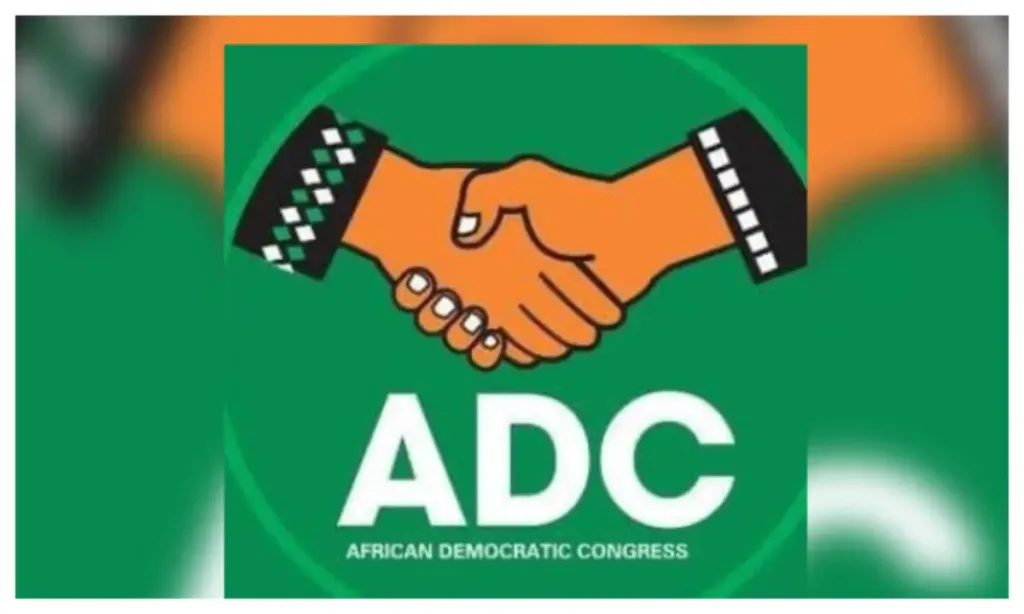The African Democratic Congress has criticized the Federal Government’s introduction of a 5% petrol tax, citing it as an additional burden on Nigerians who are still coping with the aftermath of subsidy removal. According to the party’s National Publicity Secretary, Bolaji Abdullahi, the timing of this measure is “deeply insensitive” and has called for its suspension until citizens start to experience tangible economic relief.
Abdullahi stated that the government’s claims of improved revenue collection do not align with current economic realities, as despite reports of record earnings, the government continues to borrow heavily. This has raised concerns about the sustainability of its economic policies. The ADC spokesman argued that the tax is unfair, given that the majority of Nigerians are still struggling with the effects of fuel subsidy removal.
The opposition party also noted that budgeted revenues for 2025 are not being met, with statutory allocations and value-added tax receipts falling short of projections. The ADC’s criticism comes as Nigerians continue to grapple with the economic implications of subsidy removal. The party’s statement emphasized that citizens need relief, rather than additional pressure, highlighting the need for the government to reconsider its decision.
The introduction of the petrol tax has significant implications for Nigerians, who are already facing economic challenges. The government’s decision to impose this tax has been met with criticism from various quarters, with many arguing that it will exacerbate the economic hardships faced by citizens. As the government moves forward with its economic reforms, it remains to be seen how the petrol tax will impact the overall economy and the lives of Nigerians.
The ADC’s call for the suspension of the petrol tax underscores the need for the government to prioritize the welfare of its citizens. With budgeted revenues falling short of expectations, the government must reassess its economic strategies to ensure that they are aligned with the needs of the population. As the economic landscape continues to evolve, it is essential for the government to be responsive to the needs of its citizens and to implement policies that promote economic growth and stability.
